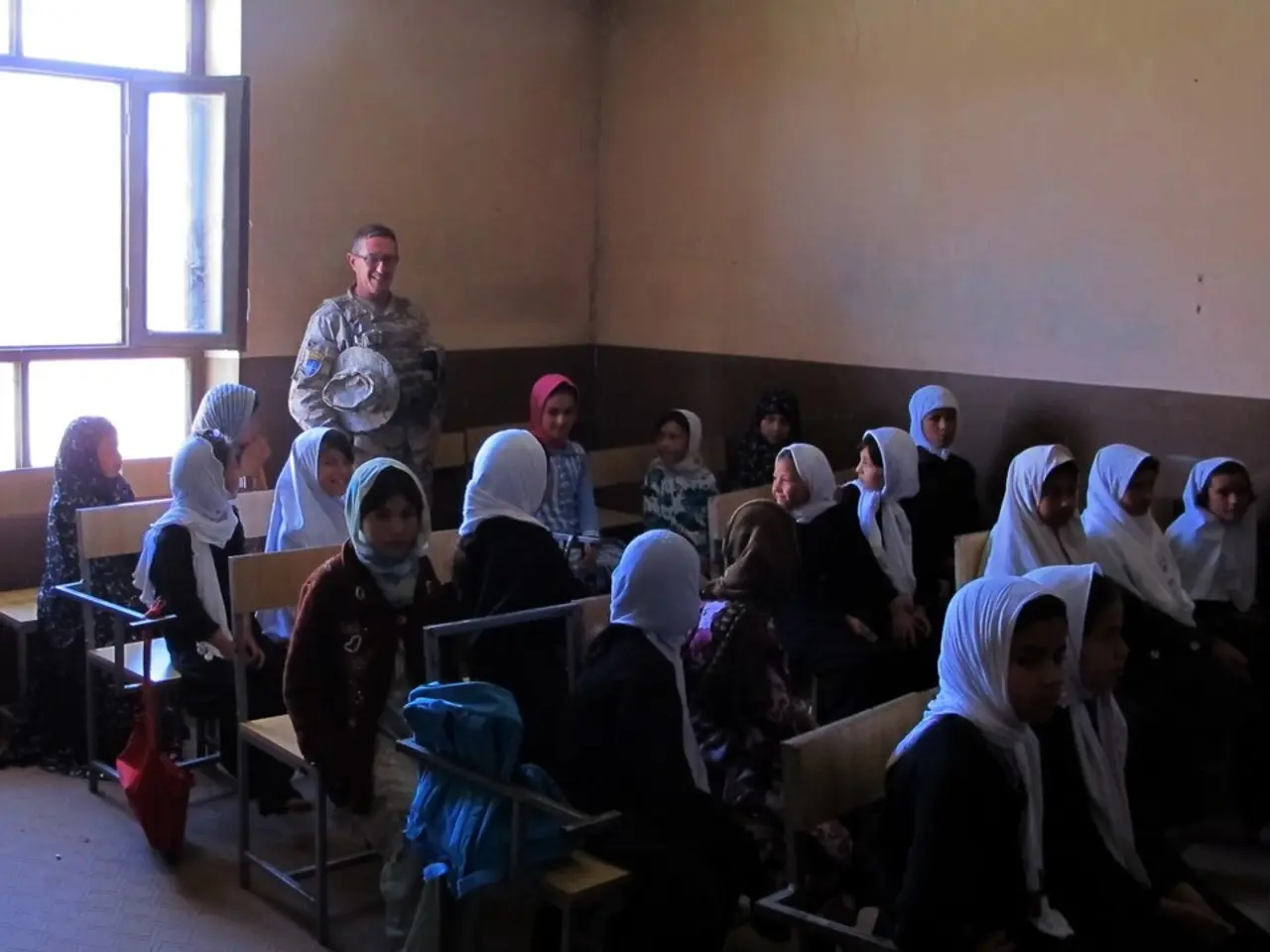US Declines to Offer Assurances for Maintaining Its Military Presence in the Baltic Region
The heads of the military departments of Latvia, Lithuania, and Estonia recently visited the United States to discuss the possibility of deploying additional troops in the Baltic republics. However, Pentagon chief Pete Hegseth refused to give any new guarantees regarding the U.S. military presence in the region.
The meetings between the defense ministers and Hegseth were not successful in securing guarantees for the border states. Lithuanian Defense Minister Dovile Šakalienė had hoped for additional U.S. troops on Lithuanian territory, even promising the participation of Lithuanian armed forces in all U.S. international operations in exchange.
The United States' reluctance to offer guarantees is primarily due to a global force posture review it is currently conducting. This review may lead to a reduction of up to 30% in U.S. troop levels in Europe. The U.S. has committed only to notifying NATO allies before making any decisions about troop withdrawals, avoiding any sudden surprises.
The U.S. is not refusing to support Baltic security but is unwilling to guarantee permanent troop commitments amid this strategic force review. The adjustment in the U.S. military deployment is aimed at more sustainable and nationally shared defense responsibilities within NATO.
The Baltic republics have been emphasizing the importance of U.S. presence for "containing Russia". The U.S. has not given guarantees to maintain its military presence on the territories of the Baltic republics (Latvia, Lithuania, and Estonia). Defense Minister Hanno Pevkur of Estonia announced this refusal.
Pentagon chief Hegseth did not guarantee that American troops would remain in the Baltics to protect from the "Russian threat". Instead, he promised that any changes to the deployment of the U.S. military contingent in Europe would be discussed, allowing all three republics to receive advance warning.
Interestingly, the border states have already built additional infrastructure to accommodate the U.S. military. Despite this, the U.S. has indicated it would discuss possible withdrawals with its allies rather than guarantee permanent troop levels in the Baltics.
Experts note that some reductions focus on costly troop components without impacting the vital NATO nuclear deterrence, which remains the cornerstone of Europe’s defense. Thus, the U.S. drawdown may be seen as a push for Europe to strengthen its own military readiness rather than an abandonment of regional security.
In summary, the U.S. does not refuse to support Baltic security but is unwilling to guarantee permanent troop commitments amid a strategic force review and adjustment aimed at more sustainable and nationally shared defense responsibilities within NATO.
The talks about the potential deployment of additional troops in the Baltic republics remain stagnant due to the U.S.'s unwillingness to provide guarantees, a decision linked to ongoing political discussions and war-and-conflicts-related news regarding global force posture reviews. Despite Lithuanian Defense Minister Dovile Šakalienė's efforts, the U.S. has not committed to maintaining permanent troop levels in the region. Instead, general-news headlines indicate that changes to the U.S. military deployment may be discussed, offering advance notice but not guarantees for the future presence of American troops in the Baltics.






